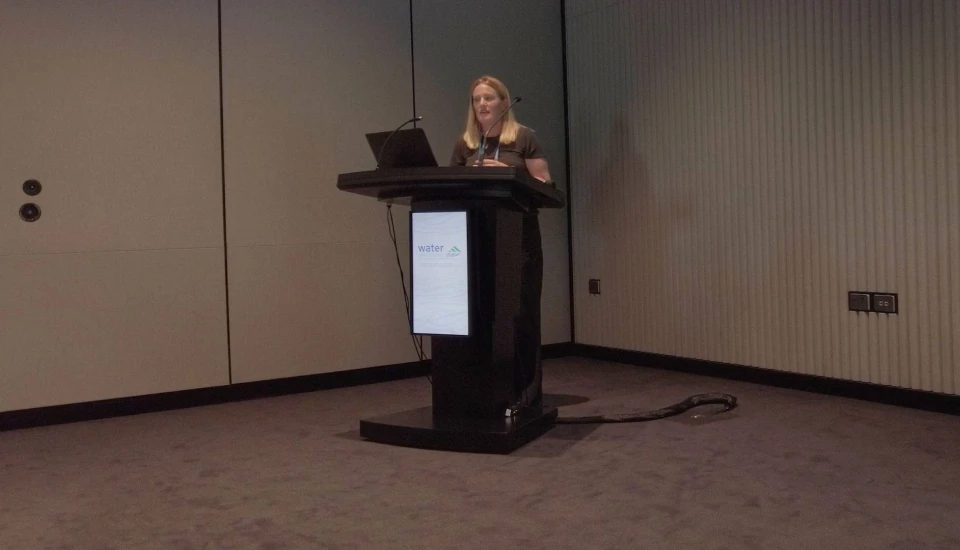
Drinking water safety is Lutra’s core business. We are hugely encouraged by the establishment of the water services regulator Taumata Arowai and the introduction of the Water Services Act 2021 (WSA). This reform will help move New Zealand’s water services sector towards embracing six key principles of drinking water safety in all aspects of its operations.
These principles were developed in 2001 by a working group comprising the World Health Organisation microbial pathogens expert group and the Medical Research Council of Australia. They were embedded in New Zealand’s Drinking Water Standards following the Havelock North Inquiry in 2016.
- Principle 1: A high standard of care must be embraced.
- Principle 2: Protection of source water is of paramount importance.
- Principle 3: Maintain multiple barriers against contamination.
- Principle 4: Change precedes contamination.
- Principle 5: Suppliers must own the safety of drinking water.
- Principle 6: Apply a preventive risk management approach.
Since the Havelock North Inquiry, problems with New Zealand’s waters infrastructure have been well publicised, demonstrating that the New Zealand water sector is some distance from adhering to the six principles. The Havelock North Inquiry found that between 34,000 and 100,000 New Zealanders get sick every year from water borne disease. In 2020, over 1.8 million people in New Zealand were exposed to drinking water that could not be shown to be safe. A large number of people are exposed every year to unsafe water caused by bacteria, viruses and other contaminants and have to live with management options ranging from permanent boiled water notices to requiring tankered water be brought in to replace a reticulated supply.
Reform of the water sector has been necessary to make sure that the six principles are not seen as ‘paper-based guidance’; that they are lived and breathed by water suppliers. The stated main purpose of the Water Services Act 2021 (WSA) is to ensure that water suppliers supply safe drinking water in accordance with the six principles. The WSA specifies how this is to be done, for example setting requirements for source water risk management plans, a comprehensive list of duties for drinking water suppliers and requiring a ‘duty of due diligence’ from supply owners and operators.
The WSA also sets out significant penalties for those that fail to meet these requirements. The six principles remain the guiding principles for drinking water standards developed and overseen by Taumata Arowai and inform other aspects of reform, such as revision of the National Environmental Standards for Sources of Human Drinking Water (NES-DW).
Together with wider sector reform, the formation of Taumata Arowai and the enactment of the Water Services Act will help ensure that the six principles are brought to life:
- Contributing towards an improved standard of living in this country.
- Reducing demands on the public health service.
- Providing New Zealand with safe drinking water and healthy environments.












